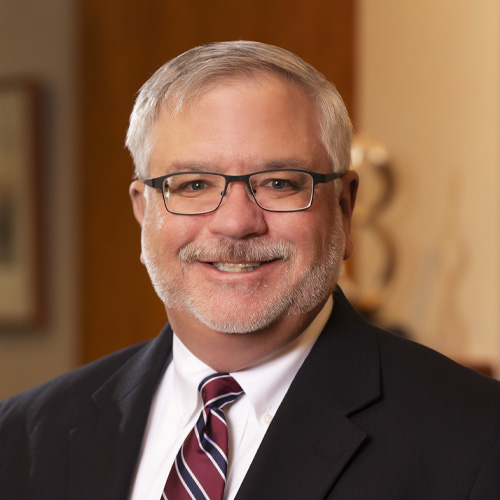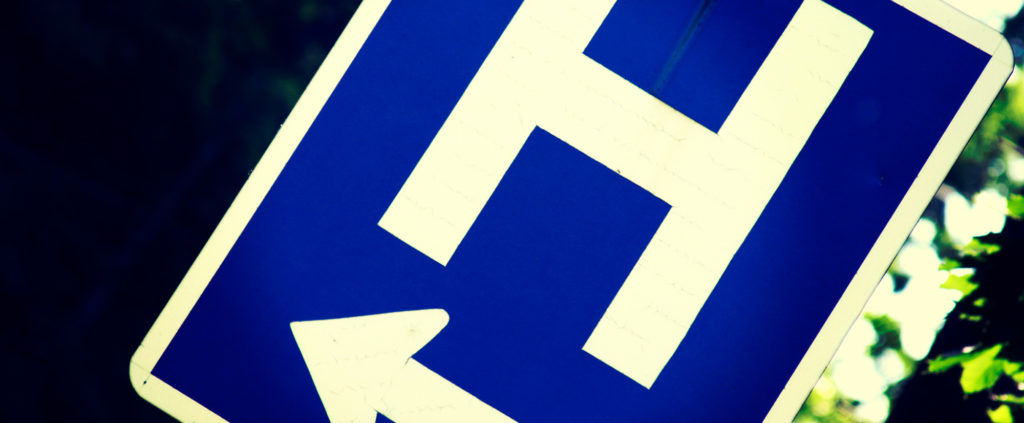Expert

Dave Dillon
Actions
Type
Topic
- Community Investment
- Economic Impact
Tags
MISSOURI HOSPITALS PROVIDE $1.7 BILLION IN UNCOMPENSATED CARE
AND $3.4 BILLION IN TOTAL COMMUNITY BENEFIT
JEFFERSON CITY, Mo. — The Missouri Hospital Association’s statewide Community Investment Report finds that in 2019, hospitals provided $1.7 billion in total uncompensated care — an increase of $200 million over 2018. More than 85% of year-to-year growth in uncompensated care was provided as charity care, which exceeded $1 billion for the first time, with a 17% increase over 2018. When combined with the other benefits the state’s hospitals delivered to their communities, hospitals’ total community benefit was more than $3.4 billion in 2019.
“These data underscore hospitals’ importance in supporting communities every day, as they provide a strong foundation for individual and community health, as well as significant economic benefits,” said Herb B. Kuhn, MHA President and CEO. “Although this report includes 2019 data — predating the COVID-19 pandemic — it highlights the essential nature of hospitals in the communities they serve.”
In 2019, the cost of providing care to low-income Missourians, and the uninsured and underinsured — individuals who are eligible under hospitals’ charity care policies — increased by more than $173 million to $1.02 billion statewide. At the same time, the bad debt total increased by more than $34 million to nearly $693 million. Bad debt often results from an uninsured or underinsured individual’s inability to afford out-of-pocket costs for care. The data reflect hospitals’ cost for providing care, not charges.
Caring for the uninsured and underinsured isn’t the only way hospitals benefit the communities they serve. Hospitals also absorb the unpaid costs of treating beneficiaries of Medicare and Medicaid, help educate and train the health care workforce, and donate to local causes. When combined with uncompensated care, these investments are known as community benefit.
In 2019, hospitals contributed nearly $438 million in health professions education. In its 2020 Workforce Report, the state’s economic research arm, the Missouri Economic Research Information Center, identified skilled patient-care workers as the state’s most important worker shortage in the state. Hospitals are vital to training the next generation of health care workers. These health care professionals will help power our economy from the local level to statewide in the future.
“Hospitals provide a strong economic boost in the communities they serve,” said Kuhn. “Locally, in the state’s largest cities to its small towns, hospitals and health systems often are the largest employer. Statewide, the economic stability from hospitals and hospital employees provides a ripple of economic activity that both supports and attracts jobs and businesses throughout the economy.”
In 2019, Missouri hospitals employed nearly 170,000 workers and invested nearly $1.7 billion in various capital improvement projects in their communities. These community investments help strengthen the health care system. They also ripple throughout the economy, creating household income, opportunities to support and build businesses, and increasing revenue for state and local governments.
“Now more than ever, hospitals are supporting and sustaining communities throughout the state,” Kuhn said. “This report demonstrates hospitals’ value in 2019. In 2020, that value was multiplied as hospitals re-tooled to address the COVID-19 pandemic individually, and as a community of hospitals. Last year and 2021 are a clear reminder that hospitals are essential to the communities they serve — for patients and communities in crisis, and 24-7, 365 when Missourians need them.”
The Missouri Hospital Association is a not-for-profit association in Jefferson City that represents 140 Missouri hospitals. In addition to representation and advocacy on behalf of its membership, the association offers continuing education programs on current health care topics and seeks to educate the public about health care issues.
# # #









